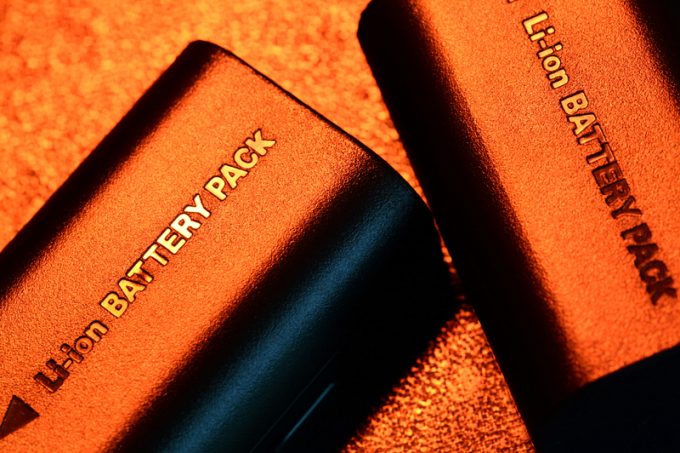Simple safety precautions that get overlooked
Slips, trips and falls continue to be the most common safety-related incidents that supply chain ...

Shippers of lithium batteries will face a new hurdle from 1 January, thanks to new transport regulations.
The United Nations’ Committee of Experts, which creates the framework for dangerous goods regulations, has introduced a requirement which obliges manufacturers, and distributors of cells or batteries, to make available ...

Comment on this article
David Brennan
December 16, 2019 at 3:50 pmNicholas seems to be confusing the UN 38.3 test certificate with the “test summary” that must be made available as of 1 January 2020 when he states that some manufacturers may be reluctant to provide it.
The UN Subcommittee recognised that manufacturers of lithium cells and batteries were reluctant to make the UN 38.3 test certificate publicly available for several reasons. It can be a very large and technically detailed document, plus it could provide information to competitors.
That is the reason that the Subcommittee and the battery industry came up with the test summary, which is just that a summary. The information required in the summary allows a shipper to be able to explicitly identify the lithium cell, battery or piece of equipment and therefore be satisfied that the lithium cell or battery is of a tested type.
As stated by Nicholas, the regulations do not require the shipper to provide a copy of the test summary when offering their goods for transport. IATA supports that position.